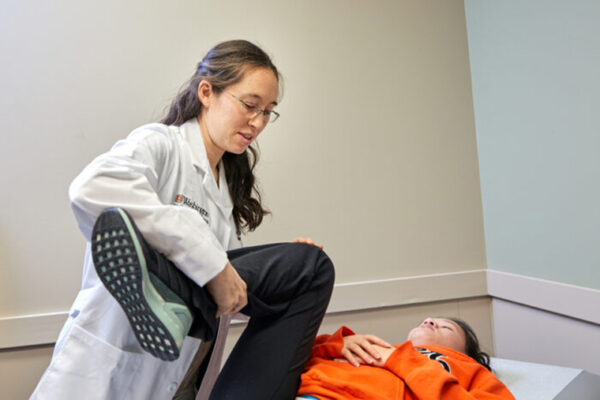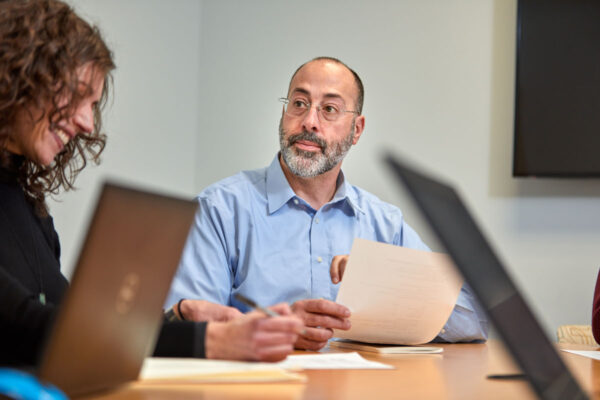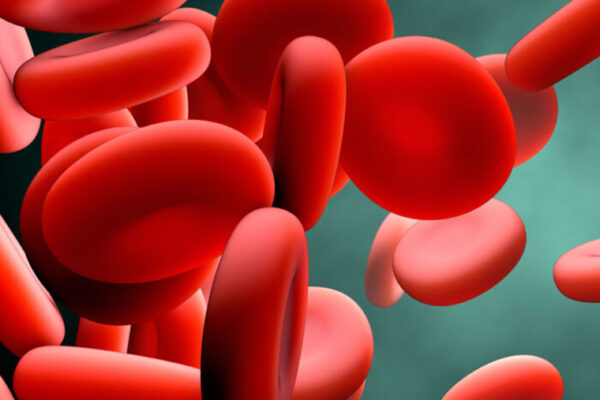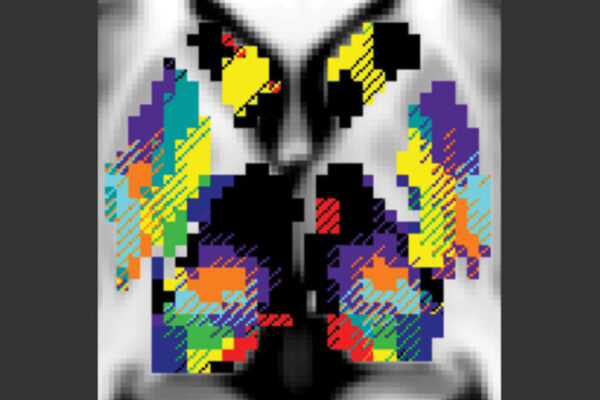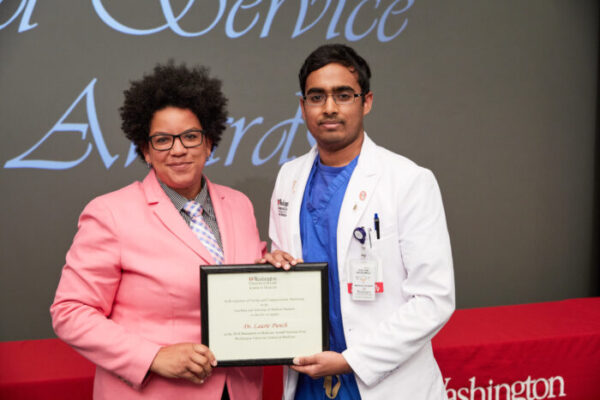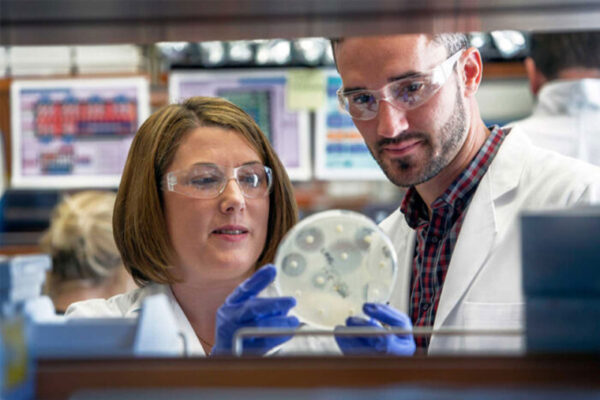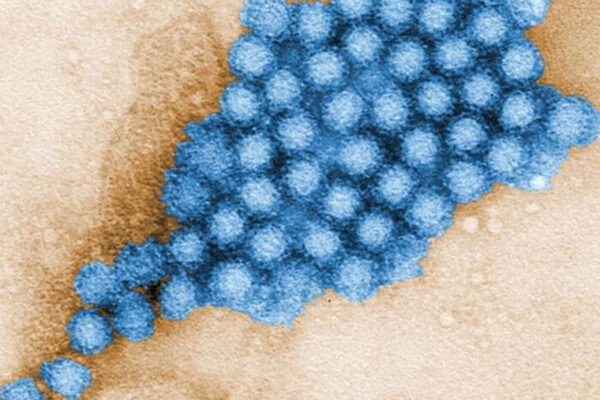Depression, anxiety may hinder healing in young patients with hip pain
New School of Medicine research suggests that physicians evaluating young patients with hip pain should consider more than physical health. They also should consider screening for clinical depression and anxiety — impairments that can have a negative impact on outcomes following hip surgery.
James DuBois
The School of Medicine’s James DuBois, DSc, PhD, helps researchers from all over who have had lapses in laboratory compliance or research ethics, providing strategies and resources to help them get back on track.
In transfusions for children, fresh and older blood are equally effective
An international study led by the School of Medicine and CHU Sainte-Justine hospital in Montreal has found no benefit in using fresh red blood cells that have been stored for up to seven days in blood transfusions for critically ill children, compared with using older red blood cells stored for nearly four weeks.
Why doesn’t deep-brain stimulation work for everyone?
School of Medicine researchers have mapped nine functional networks in the deep-brain structures of 10 healthy people, an accomplishment that could lead to improvements in deep-brain stimulation therapy for severe cases of Parkinson’s disease and other neurological conditions.
Vogel-Hammen receives award for research in child, adolescent psychiatry
Alecia Vogel-Hammen, MD, PhD, an instructor in child psychiatry at Washington University School of Medicine in St. Louis, has received the American Academy of Child & Adolescent Psychiatry’s 2019 Pilot Research Award for Attention Disorders.
Families with long, healthy life spans focus of $68 million grant
With the help of a grant from the National Institute on Aging of the National Institutes of Health (NIH), researchers at the School of Medicine are leading the Long Life Family Study, which includes several generations of families with unusual concentrations of long-lived individuals. The goal is to uncover genetic factors that play roles in long life spans.
Halting opioid abuse aim of several grants from NIH, CDC
Researchers at the School of Medicine have received federal grants totaling more than $10 million from the National Institutes of Health (NIH) and the Centers for Disease Control and Prevention (CDC). The grants are part of a nationwide push to fund research targeting the opioid epidemic.
Medical students celebrate their teachers, mentors
Washington University School of Medicine students recently honored faculty and residents with Distinguished Service Teaching Awards for the 2018-19 academic year. The awards, which were first given in 1991, reflect the students’ appreciation for dedication, patience and skill in training future physicians.
Drug-resistant staph can spread easily in household environments
New research led by Washington University School of Medicine in St. Louis sheds light on how the superbug methicillin-resistant Staphylococcus aureus (MRSA) is introduced into households and how it can spread among family members.
Gut microbes alter characteristics of norovirus infection
A new School of Medicine study reveals details about how gut microbes interact with norovirus infection in the mouse gut. The research opens up new ways of thinking about potential therapies for this intestinal infection.
View More Stories
